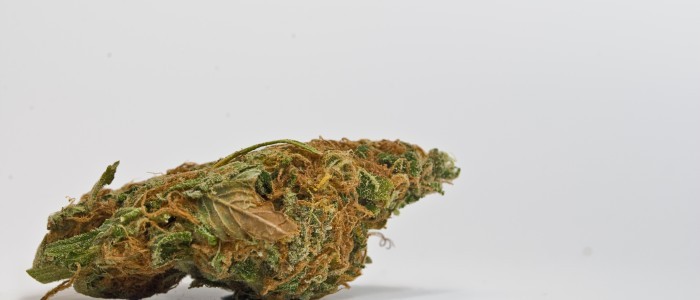The war on marijuana in the U.S. is waning. A recent Gallup poll reveals that more than half of Americans – 58% – agree that now is the time to legalize marijuana. In 2012, Colorado and Washington became the first states to legalize recreational use for adults and, this past September, the DOJ declared that it will not impede the implementation of those laws.
The support for medical marijuana is also rapidly gaining momentum. Today, at least 20 States have established medicinal marijuana programs – including our neighbors, Delaware, the District of Columbia, and New Jersey. A May 2013 poll published by the New England Journal of Medicine shows that 76% of physicians from 72 countries support the use of marijuana for medicinal purposes. Research shows that medical marijuana can yield huge benefits for those suffering from HIV, cancer, PTSD, and chronic pain.
Although the Obama administration has been firmly opposed to legalizing marijuana under federal law, with the DOJ continuing to prosecute violations of the Controlled Substances Act, federal judges here in Baltimore are taking notice of marijuana reforms as they unfold throughout the nation. Recently, U.S. District Judge James K. Bredar called upon attorneys in a major marijuana distribution case to address how evolving marijuana policies should impact sentencing of the 22 defendants in that case. This law firm represented one of the defendants, who pleaded guilty to selling about 50 pounds of marijuana.
On behalf of our client, we argued that marijuana’s classification as a Schedule I substance is outdated. Instead, scientific research supports its re-classification as a Schedule IV substance. Research shows that marijuana can be used in a non-abusive manner, has numerous medicinal benefits, and is not physically addictive.
This is just one lens through which to view this complex issue. After considering arguments from defense attorneys in the case, Judge Bredar issued an opinion in which he departed from the federal sentencing guidelines and granted each of the 22 defendants a two-level downward variance. This, in effect, reduced each defendant’s sentence by roughly 20-25%.
There is still a long way to go with respect to marijuana decriminalization and regulation. But this is a step in the right direction.
Federal Marijuana Ruling in Maryand

